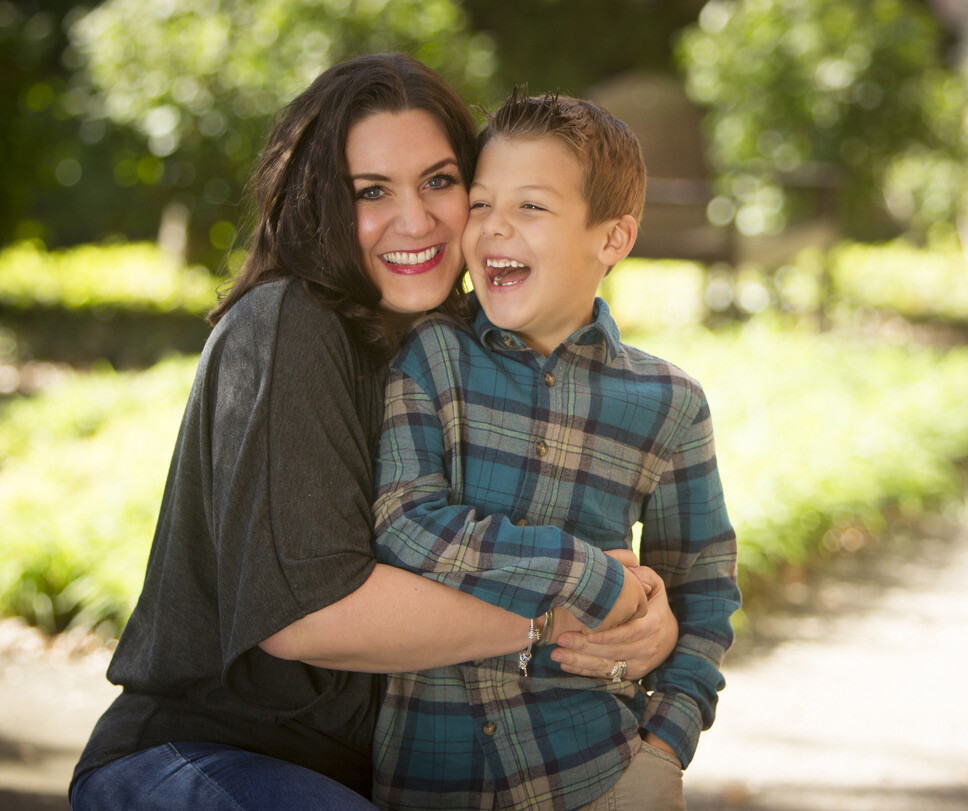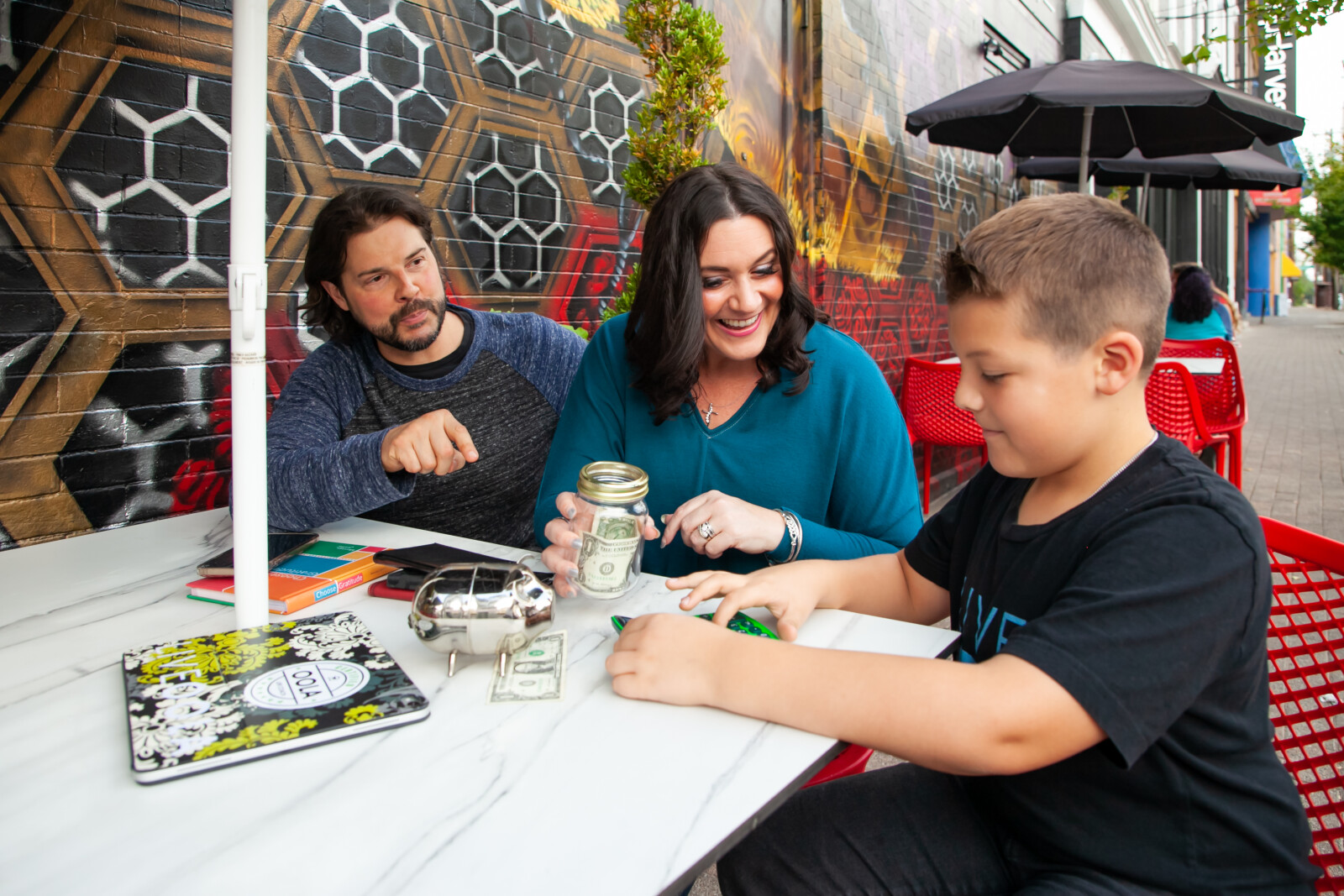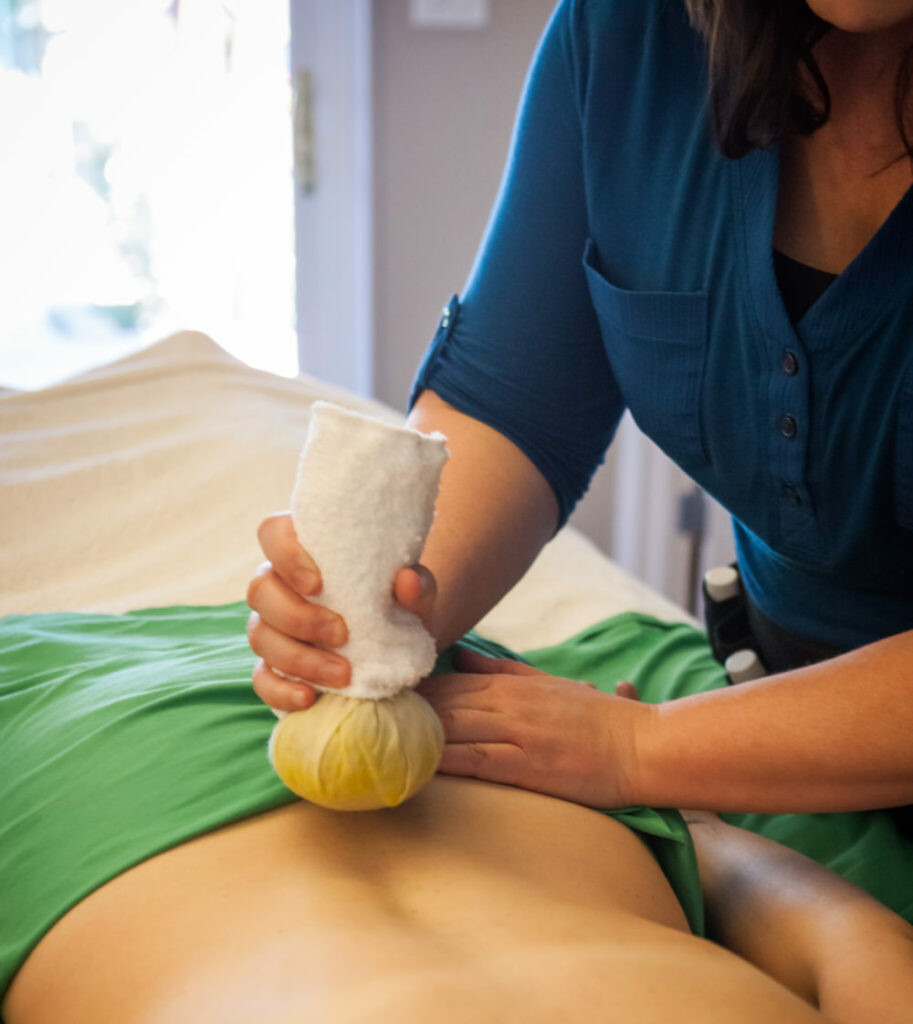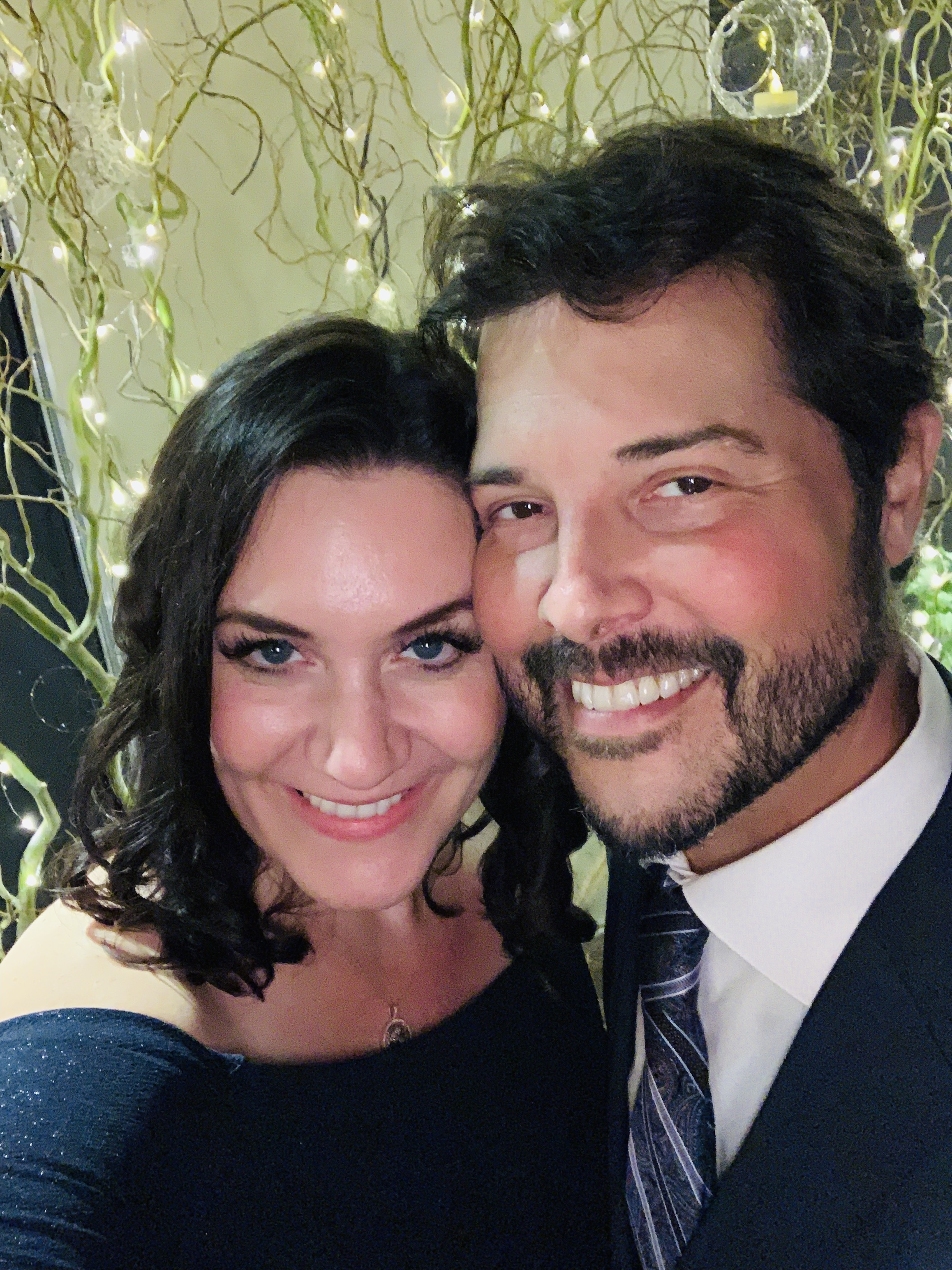
When you were a child, your parents probably taught you to say “thank you” to be polite to another person who offered a gift, helped you perform a task, or gave you a compliment. But expressing gratitude doesn’t just benefit other people; it’s for you, too. Harry A. Ironside, Canadian-American teacher and theologian, once said, “We would worry less if we praised more. Thanksgiving is the enemy of discontent and dissatisfaction.”
In fact, feeling and expressing gratitude can actually be good for your health. Keep reading to find out more about the surprising benefits of gratitude, recognize what an impact it can have on others, and learn a new way to express thankfulness to others who have positively influenced your life.
The Benefits We Get Thanks to Gratitude
Saying “thanks” isn’t just a perfunctory action that keeps us in the good graces of other people. Here are just some of the many ways feelings and expressing gratitude can improve your life.
- Being thankful might help you sleep better. “[Gratitude] can lower blood pressure, improve immune function, and facilitate more efficient sleep,” saidRobert A. Emmons, a psychology professor at UC Davis. A 2011 study published in Applied Psychology: Health and Well-Being indicated that those who spend 15 minutes before going to sleep writing down things they are thankful for sleep better and longer. Instead of counting sheep before bed, try counting your blessings.
- Gratitude improves relationships. Showing gratitude can positively impact your relationships both at home and at work. One study indicated that employees perform better at work when their supervisor simply takes the time to say “thank you” when they do well. Another study showed that finding reasons to thank new acquaintances makes them more likely to stick around and be your friend in the long run. Lots of research supports the idea that gratitude strengthens and grows romantic relationships as well.
- Gratitude can reduce depression. As the old, anonymous saying goes, “If you’ve forgotten the language of gratitude, you’ll never be on speaking terms with happiness.” It turns out that feeling and expressing gratitude can actually ward off depression. Eastern Washington University clinical psychologist Philip Watkins “found that clinically depressed individuals showed significantly lower gratitude (nearly 50 percent less) than non-depressed controls.”
- Thankfulness can reduce stress. Another key health benefit of thankfulness is decreased stress. “There’s a number of studies showing that in the face of serious trauma, adversity and suffering, if people have a grateful disposition, they’ll recover more quickly,” Emmons writes. “I believe gratitude gives people a perspective from which they can interpret negative life events and help them guard against post-traumatic stress and lasting anxiety.”
- Thankful people tend to also be empathetic. Interestingly, practicing gratitude not only improves your personal health but also helps you understand other people. A 2012 study conducted by the University of Kentucky showed that participants who ranked higher on gratitude scales were more likely to be empathetic toward others and less likely to seek revenge when others were unkind to them.
Gratitude Impacts Others More Than You Think
If feeling thankful can benefit your physical, mental, and psychological health in such amazing ways, imagine how your expressing gratitude can positively impact other people. When you tell people what they mean to you and thank them for how they’ve helped you, they appreciate it a lot more than you imagine, according to studies by Amit Kumar of the University of Texas at Austin and Nicholas Epley at Booth School of Business at the University of Chicago.
Kumar and Epley conducted a study that required participants to write a thank you email to an individual who greatly impacted their lives. After sending the notes, participants were asked to guess how the recipients would respond. Then, the researchers asked the recipients for their responses to the thank you emails. “The senders of the thank-you letters consistently underestimated how positive the recipients felt about receiving the letters and how surprised they were by the content,” Christian Jarrett writes for The British Psychological Society.
Sometimes we just assume that people know how much they mean to us or how much they’ve helped us. The reality is, they probably don’t know. And even if they do, there’s little that’s quite as inspiring as receiving a reminder that something you’ve done has made a lasting impact on another person’s life.
Learn to Deliver a “Power” Thank You
In his book Just Listen, psychiatrist and business coach Mark Goulston recalls a time when his daughter unwittingly sent him one of the most valuable notes he’s ever received. In her email, she explained that she was talking with her friends about how confusing and scary the future can be, and she brought up advice that her father had given her. “I am so lucky to have such a wise dad, even if he does live 3,000 miles away,” she wrote in the email to her father. “See you in a few weeks. Love, Lauren.” Her simple acknowledgment of her father’s influence on her life meant so much to him. Goulston said he keeps the note in his wallet and wouldn’t sell it for a million bucks.
Goulston called the note from his daughter a “power” thank you. While it’s great to simply remember to say “thanks” when someone does something for you, a power thank you can mean even more. Here’s how to write or speak a power thank you:
- Recount a specific action the person took to help you, remembering all the details.
- Acknowledge the effort and care the person invested in helping you, noting that they went out of their way and did not have to do what they did.
- Explain how their actions made an impact and a difference in your life.
For example, maybe you had a high school teacher who made such an effort to ensure you succeeded that you were inspired to become a teacher yourself. Maybe you have a friend who went above and beyond to support you during a time of illness or financial difficulty. Perhaps as you’ve grown older, you’ve started to realize how many sacrifices your parents made to give you the best life possible. Coaches, mentors, siblings, grandparents, old friends, neighbors, professors, and bosses are all great possible recipients of power thank yous.
The bottom line is, people don’t really know what an impact they’ve made on your life unless you tell them. Who do you want to send a power thank you to today?
















0 Comments